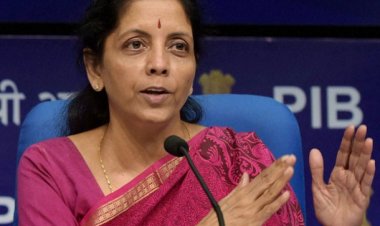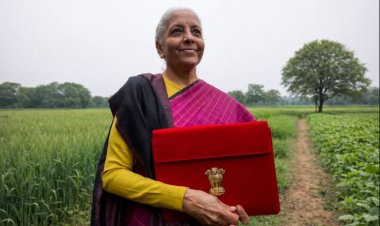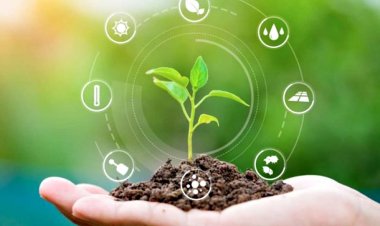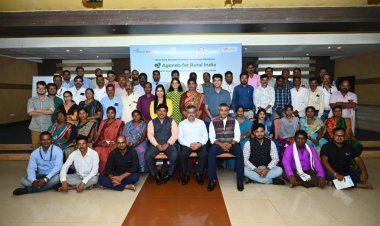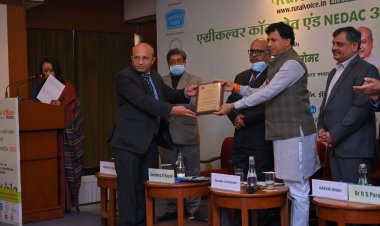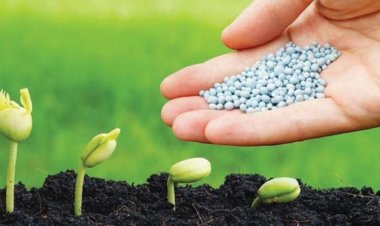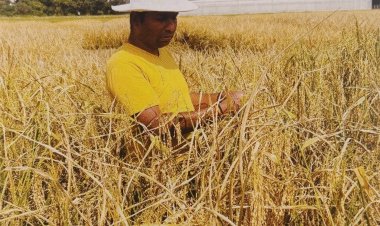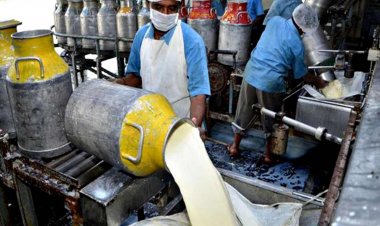Ethanol gets booster with Two Rupees excise levy on unblended petrol
The domestic ethanol industry has received a booster shot with the Union Budget provisioning an additional excise duty of Rs 2 per litre on unblended petrol from Oct 1, 2022. Since the bulk of ethanol is generated from sugarcane juice, the proposal would spur ethanol production for blending. This will help insulate the sugar industry from the seasonal market fluctuations and provide a sustainable value proposition to farmers.
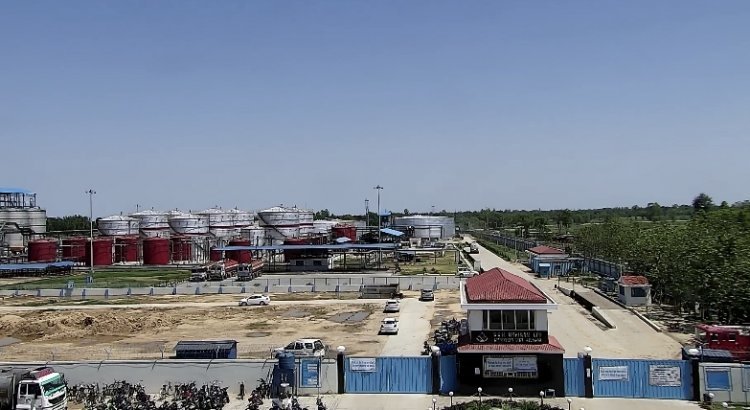
Lucknow
The domestic ethanol industry has received a booster shot with the Union Budget provisioning an additional excise duty of Rs 2 per litre on unblended petrol from Oct 1, 2022.
Since the bulk of ethanol is generated from sugarcane juice, the proposal, when implemented, would spur ethanol production for blending. This will help insulate the sugar industry from the seasonal market fluctuations and provide a sustainable value proposition to farmers.
According to the notification of the revenue department, fuel to be categorised as blended fuel (with ethanol/methanol) has to conform to BIS specifications from time to time.
As ethanol blending is currently at 10 per cent, the demand and actual offtake from the oil marketing companies (OMCs) will improve to ensure they achieve the blended fuel percentage, and thereby avoid the additional excise duty of Rs 2 per litre.
“This will encourage the Ethanol Blending Programme (EBP) of the government and increase offtake,” the Indian Sugar Mills Association (ISMA) said on February 3.
To support the EBP, the Centre has kept a provision of Rs 160 crore in the revised estimates (RE) of the financial year 2021-22 and another Rs 300 crore in budgetary estimates (BE) 2022-23 for extending financial assistance to mills for the augmentation of ethanol production capacity.
This will further promote the setting up of ethanol distilleries, which in turn will help reduce surplus sugar and increase ethanol supplies for blending to meet the target set by the government. This will ultimately reduce the net oil import bill of India and improve air quality.
Meanwhile, the OMCs issued the fourth cycle of expression of interest (EOI) on Jan 31, 2022, indicating a requirement of about 950 million litres of ethanol for procurement during Ethanol Supply Year (ESY) 2021-22.
Apparently, it has been calculated considering 11 per cent blending. This will aid in enhancing ethanol supplies, thereby diverting surplus sugar. The last date for submission of bids is Feb 4.
Moreover, the sugar industry is bullish that the RE of Union Budget 2021-22 has increased the allocation for the sugar industry by Rs 2,507 crore (up from Rs 4,337 crore to Rs 6,844 crore).
This has been done to primarily settle claims of sugar mills under schemes for assistance to sugar mills for 2019-20 and export assistance for 2020-21.
“This is a positive decision by the government as these payments are to be made to the farmers, and therefore will reduce arrears and benefit the farmer community directly,” ISMA said.
Meanwhile, 507 mills in India were in operation till January 31 and had produced more than 18.7 million tonnes (MT) of sugar, as compared to 17.7 MT produced by 491 mills in the corresponding period last year.
In Maharashtra and Uttar Pradesh, sugar production stood at 7.29 MT and 5.03 MT respectively.



 Join the RuralVoice whatsapp group
Join the RuralVoice whatsapp group


















